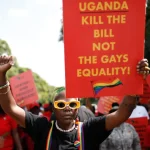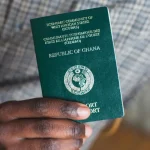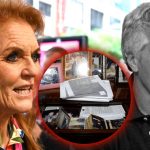The election of the African Union (AU) Commission Chairperson is a highly anticipated process that will take place on February 15 and 16, 2025, in Addis Ababa, Ethiopia. This election is part of a broader series of elections for key AU leadership roles, which will also include the election of six commissioners on February 12-13.
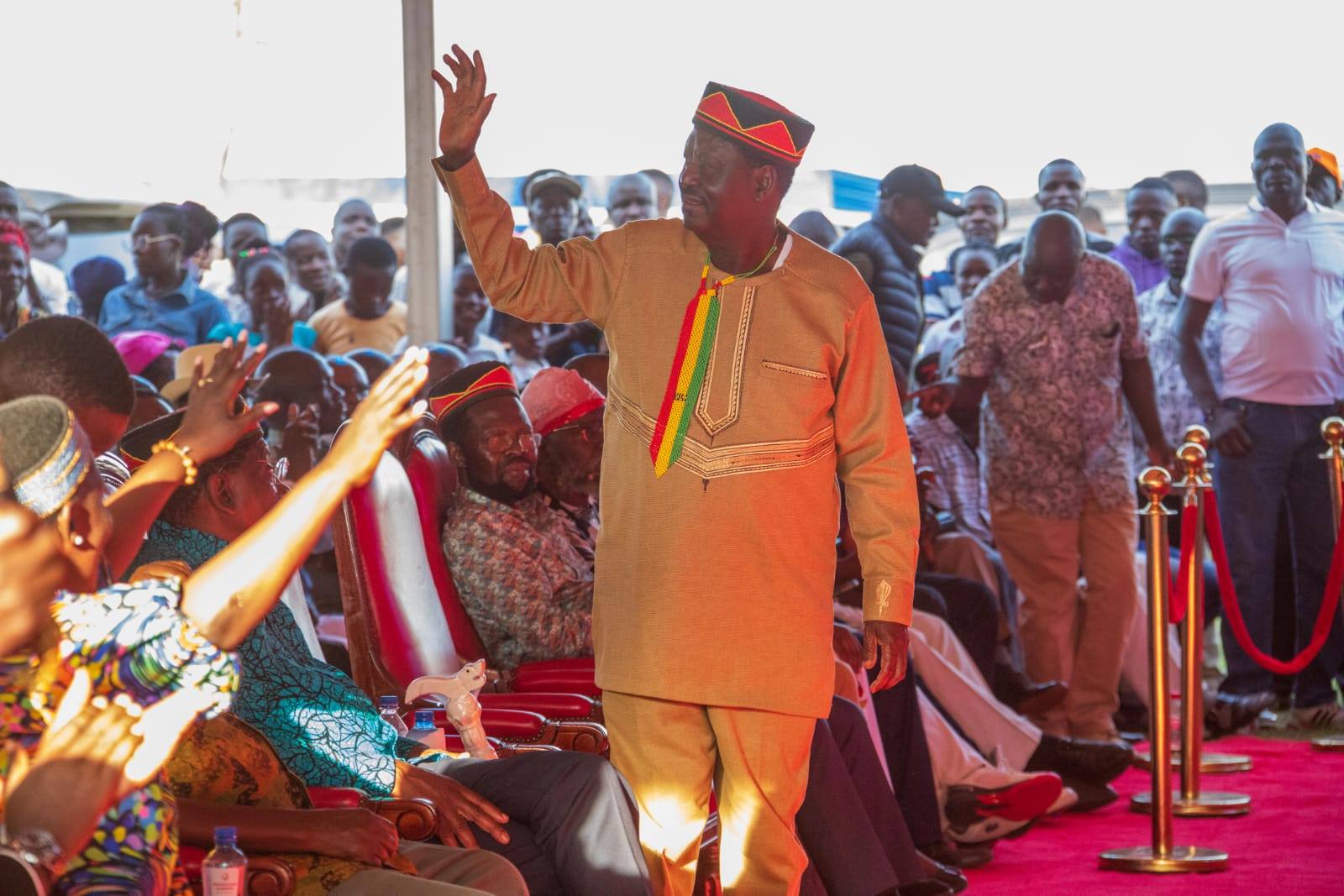
The process is designed to be transparent and fair, with elections conducted by secret ballot. Each member state of the African Union has one vote, and the voting process is designed to ensure that the results reflect the will of the majority, while maintaining confidentiality and preventing any undue influence.
The election for the chairperson and deputy chairperson of the AU Commission is conducted in three rounds. If no candidate secures the required two-thirds majority after the first round, voting continues through a second and third ballot. Suppose no candidate gains the majority needed after the first ballot. In that case, the two candidates with the highest votes are selected for the second round, with the lower-ranked candidate being withdrawn.
In the rare event that only one candidate remains after the third ballot and does not gain the required two-thirds majority, the process is suspended. In such cases, the incumbent chairperson may suspend the election and a new round of voting will be scheduled.
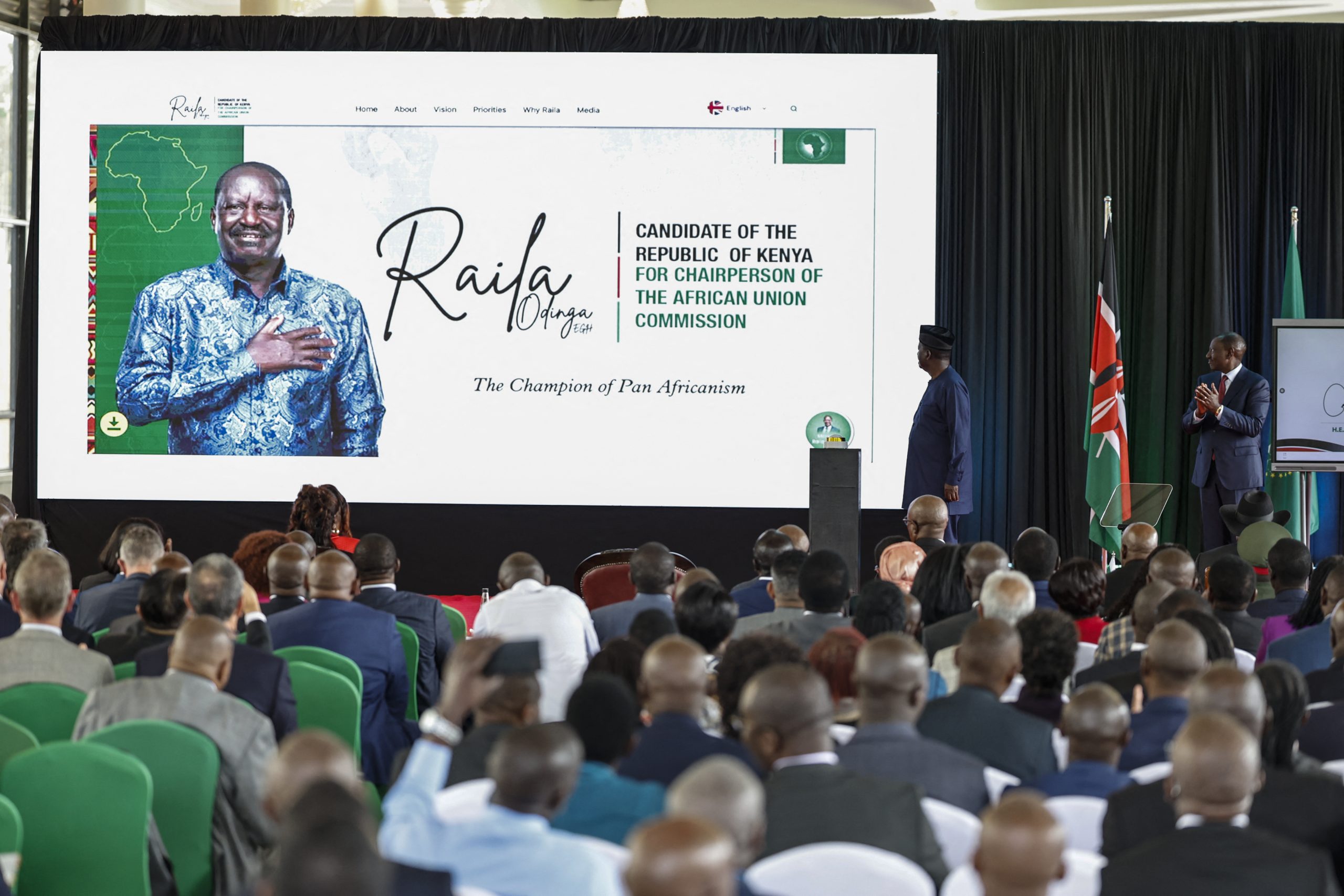
If, however, only one candidate is running and fails to obtain the necessary majority after the third ballot, the election is also suspended.
In the event of a suspension, the Deputy Chairperson takes over the leadership on an interim basis until the election can be rescheduled. Similarly, if the impasse involves the Deputy Chairperson, the most senior commissioner, based on tenure or age, will assume the role temporarily.
This year’s election is particularly significant as three top contenders are vying for the Chairperson role: Raila Odinga from Kenya, Mohamoud Youssouf from Djibouti, and Richard Randriamandrato from Madagascar. Raila Odinga, who is a former Kenyan prime minister, has reportedly garnered support from at least 28 countries, though 19 heads of state have publicly endorsed him.
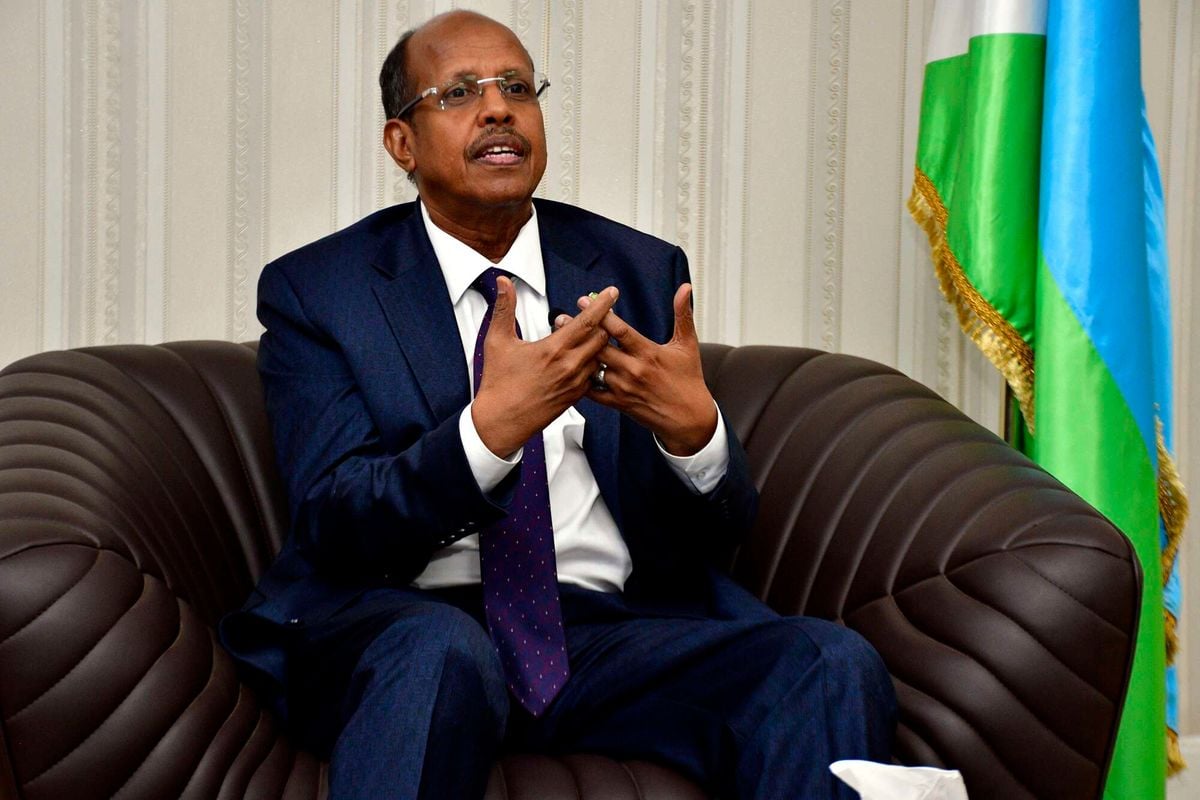
Notably, six countries; Mali, Guinea, Burkina Faso, Sudan, Niger, and Gabon, will not participate in the voting process due to sanctions imposed on them following political instability and coups.
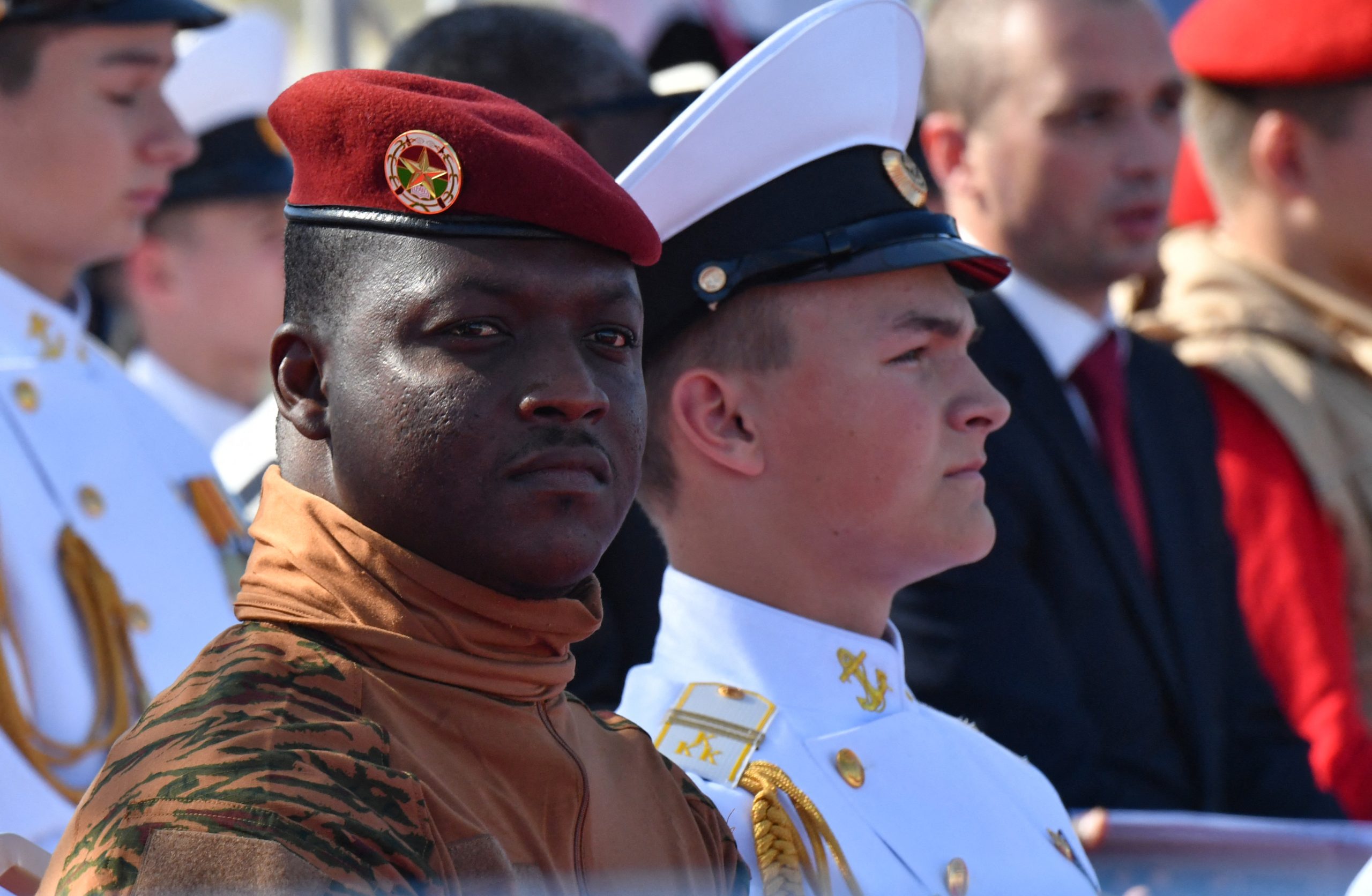
Raila Odinga, alongside his competitors, participated in a televised debate on December 13, 2024, where each candidate outlined their vision for Africa’s transformation in line with the AU’s Agenda 2063. While Odinga is seen as a strong contender, the final outcome will depend on how many countries back his candidacy to secure the two-thirds majority needed to win.
In this election, a total of 32 out of 48 AU member states need to support a candidate for them to secure victory.

